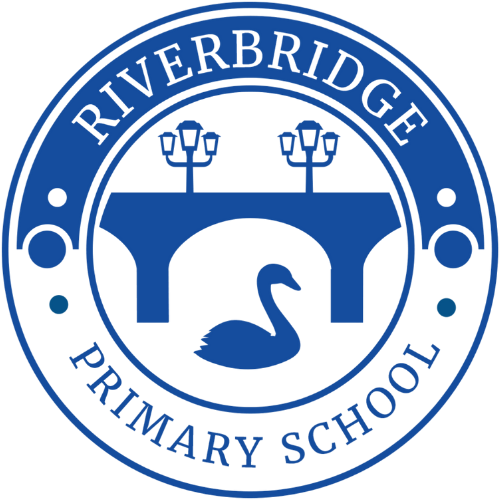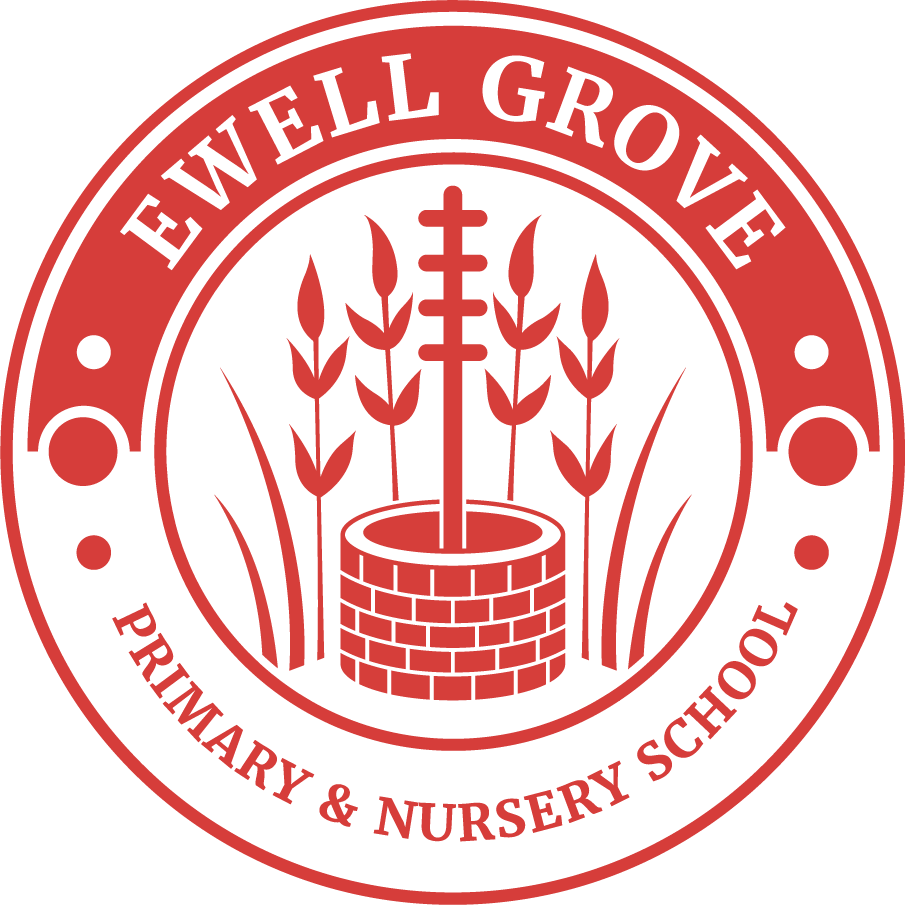National Pupil Assessment Results
We are very proud of our latest national assessment results shown below for end of Reception, Year 1 and Key Stage 2.
Children at the end of Year 6 (aged 10-11) take part in national standardised tests known as the end of Key Stage 2 Assessments.
Reception
At the end of Reception, children are expected to achieve what is described as a 'Good Level of Development'.
The National % is shown in brackets in the table below.
| 2022 | 2023 | 2024 | 2025 | |
|---|---|---|---|---|
| Reception Good Level of Development | 83% (65%) |
85% (67%) |
81% (67%) |
81% (68%) |
Year 1
At the end of Year 1, children's knowledge and understanding of phonics is tested using national standardised tests.
The National % is shown in brackets in the table below.
| 2022 | 2023 | 2024 | 2025 | |
|---|---|---|---|---|
| Year 1 Phonics | 90% (76%) |
92% (79%) |
91% (80%) |
90% (80%) |
End of Key Stage 1 (Year 2) outcomes
At the end of Year 2 children’s skills in Reading, Writing and Maths are assessed using national Standardised Assessment Tests (SATs).
Changes from summer 2024 onwards
The last compulsory KS1 SATs were administered in May 2023. They will now be optional. Unlike KS2 SATs, KS1 SATs don't have to be administered according to a nationally-set timetable in a specific week. Schools are free to manage the timetable and will aim to administer the tests in the classroom in a low-stress, low-key way; usually in the month of May.
How will the tests be marked?
Although the tests are set externally, they are marked by teachers within the school. Children are given a scaled score. Their raw score – the actual number of marks they get – is translated into a scaled score, where a score of 100 means the child is working at the expected standard. A score below 100 indicates that the child needs more support, whereas a score of above 100 suggests the child is working at a higher level than expected for their age. The maximum score possible is 115, and the minimum is 85.
Teacher assessments are also used to build up a picture of your child’s learning and achievements. In addition, your child will receive an overall result saying whether they have achieved the required standard in the tests. For this reason, we will no longer report our KS1 assessment results.
The National % is shown in brackets in the table below.
| 2022 | 2023 | |
|---|---|---|
| Reading expected + |
76% (67%) |
79% (68%) |
| Reading greater depth |
22% (18%) |
26% (19%) |
| Writing expected + |
69% (58%) |
67% (60%) |
| Writing greater depth |
10% (8%) |
11% (8%) |
| Maths expected + |
71% (68%) |
82% (70%) |
| Maths greater depth |
16% (15%) |
19% (16%) |
| Combined RWM expected + |
61% (53%) |
62% (56%) |
| Combined RWM greater depth |
7% (6%) |
10% (6%) |
End of Key Stage 2 (Year 6) outcomes
At the end of Year 6 children’s skills in Reading, Writing, English Punctuation, Spelling & Grammar, and Maths are again assessed using National Standardised Assessment Tests (SATs).
The National % is shown in brackets in the table below.
| 2022 | 2023 | 2024 | 2025 | |
|---|---|---|---|---|
| Reading expected + |
80% (75%) |
76% (73%) |
83% (74%) |
88% (75%) |
| Reading greater depth |
35% (28%) |
25% (29%) |
36% (29%) |
43% (33%) |
| Writing expected + |
69% (69%) |
70% (71%) |
77% (72%) |
76% (72%) |
| Writing greater depth |
16% (13%) |
13% (13%) |
19% (13%) |
11% |
| Maths expected + |
70% (71%) |
74% (73%) |
79% (73%) |
83% |
| Maths greater depth |
28% (23%) |
29% (24%) |
30% (24%) |
37% (26%) |
| Combined RWM expected + |
60% (59%) |
65% (60%) |
68% (61%) |
74% (62%) |
| Combined RWM greater depth |
11% (7%) |
10% (8%) |
13% (8%) |
10% (8%) |
| Spelling, Punctuation & Grammar (EGPS) expected + | 79% (72%) |
74% (72%) |
73% (72%) |
82% (73%) |
| Spelling, Punctuation & Grammar (EGPS) greater depth |
44% (28%) |
42% (30%) |
47% (32%) |
34% (30%) |
Key Stage 2 Average Scaled Scores
This score is known as a ‘scaled score’. The score is an average for pupils in the school. The expected standard is a score of 100 or more. The higher standard is 110 or more.
| 2025 | National average | Echelford average |
|---|---|---|
| Reading | 106 | 106 |
| Maths | 105 | 105 |
Points to note
How does Ofsted fit into this?
Ofsted inspections provide a rounded assessment of school quality, based on the intent, implementation and impact of the school’s curriculum; pupils’ personal development, behaviour and attitudes; and the leadership of the school.
We share school performance measures data with Ofsted, and it uses this to inform inspections. It is important to remember that data is a starting point for Ofsted. It is used to inform the discussions with school leaders about what they are teaching children, how they are running their school and the impact this has on children’s outcomes. School performance data on its own does not determine an inspection outcome.
You can search for schools, colleges, multi-academy trusts and sponsors in England and check their performance. You are able to view and download:
- Exam and test results
- Ofsted reports
- Financial information








